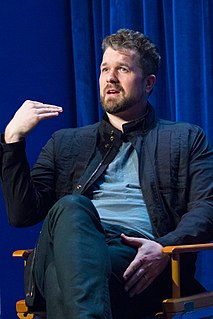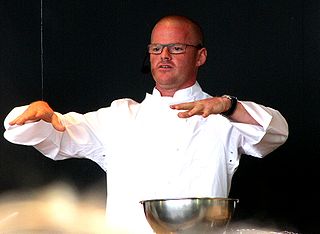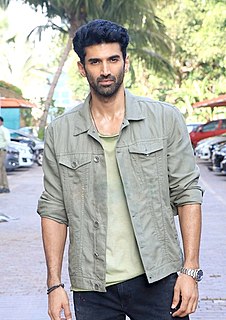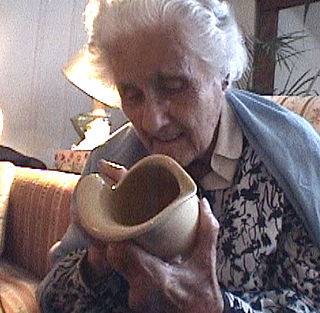A Quote by Seth Gordon
I love the unexpected and I think that's why documentary is an attractive genre to me because you don't know where it's going to go, so I tend to involve that as much as possible in the production process.
Quote Topics
Related Quotes
In America, even the critics - which is a pity - tend to genre-ize things. They have a hard time when genres get mixed. They want to categorize things. That's why I love Wes Anderson's films and the Coen Brothers, because you don't know what you're going to get, and very often you get something that you don't expect and that's just what a genre's not supposed to do.
The way I look at it within myself, why not? Why can't I be the MVP of the League? Why can't I be the best player in the League? I don't see why-why-why can't I do that? I think I work hard, I think I dedicate myself to the game and sacrifice a lot of things at a young age and I know if I continue to do good, what I can get out of it and if that's me going out or doing whatever, I'm willing to do it because I know in the long run, it's going to help me.
Going into editing when I got to New York was part of that. I guess I just kind of wanted to know as much as possible. But I have a real love of the whole process, from start to finish. So right now, I fit into the acting part of the process, but I wouldn't rule anything out. I'm enamored with how the whole thing works.
Performance is made in the editing room, and I've come to see the truth in that - the idea that they say performances are usually made in the editing room because what you film is the raw material. I think just going through the process of saying, "Which take do we use? Why is that the take we want? I want that take can you edit again, I'm not sure that's the one, I think it's this one." And just because you go through that process, I think somehow it's made me sort of more open about the [actor's] possibilities.
It is much more accurate to identify the factors of production as know-how (that is genetic information structure), energy, and materials, for, as we have seen, all processes of production involve the direction of energy by some know-how structure toward the selection, transportation, and transformation of materials into the product





































